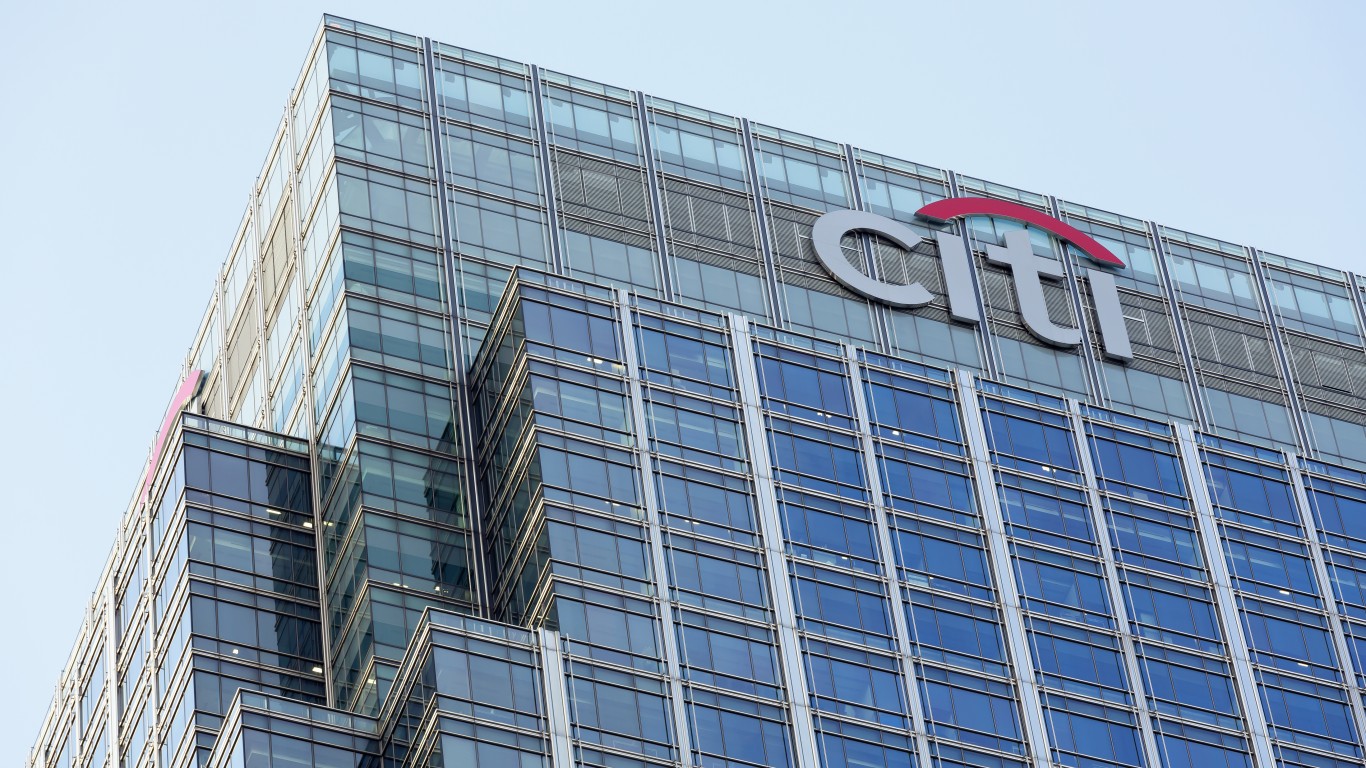

Consumers are looking more confident in September than had been expected. Other data have indicated a weakening in the strength of the recovery, and the public is still riding on its own without any additional stimulus measures in place.
The Conference Board reported that its Consumer Confidence Index rose sharply to 101.8 for the month of September. The August revised reading was just 86.3, and the consensus estimate for September from Econoday was only 88.8. To show how much stronger this was than expected, note that the highest economist estimate tracked by Econoday was 90.0. The consensus expectation from Dow Jones was for a 90.1 reading in September.
Tuesday’s much stronger than expected report was driven by gains in the Present Situation Index and in the Expectations Index alike. The present situation is the assessment of current business and labor market conditions, and this rose to 98.5 in September from 85.8 in August. Consumers’ short-term outlook for income, business and labor conditions make up the expectations component, and this rose to 104.0 in September from 86.6 in August.
While the report was much stronger than expected, it initially strengthened the bid in stock indexes and did not have much of an immediate impact in the Treasury yields. What also may need to be considered about the September strength was that the cutoff date for the preliminary results was September 18.
Consumers were also more optimistic about the short-term outlook, and they were positive about the labor market and income prospects. The subindex levels were broken down as follows:
- The percentage of consumers expecting business conditions will improve over the next six months increased from 29.8 percent to 37.1 percent.
- The percentage of consumers expecting business conditions will worsen decreased from 20.7 percent to 15.8 percent.
- The proportion expecting more jobs in the months ahead increased from 29.9 percent to 33.1 percent.
- The proportion of those anticipating fewer jobs decreased from 21.2 percent to 15.6 percent.
- The percentage of consumers expecting an increase in their short-term income improved from 13.0 percent to 17.5 percent.
- The percentage expecting a decrease in their short-term income declined from 16.0 percent to 12.6 percent.
Lynn Franco, Senior Director of Economic Indicators at The Conference Board, said of the much stronger report:
Consumer Confidence increased sharply in September, after back-to-back monthly declines, but remains below pre-pandemic levels. A more favorable view of current business and labor market conditions, coupled with renewed optimism about the short-term outlook, helped spur this month’s rebound in confidence. Consumers also expressed greater optimism about their short-term financial prospects, which may help keep spending from slowing further in the months ahead.
At 10:15 a.m. Eastern Time, the Dow Jones industrial average was down just 0.02% at $27,579 and the S&P 500 was up 0.14% at 3,356.45. The Nasdaq was up 0.20% at 11,140.50. Treasury yields look to have ticked up marginally, but the 30-year long bond’s yield was still down about one basis point at 1.41%. The yield on the 10-year Treasury note was also still down a basis point at 0.65%.
Sponsored: Want to Retire Early? Here’s a Great First Step
Want retirement to come a few years earlier than you’d planned? Orare you ready to retire now, but want an extra set of eyes on your finances?
Now you can speak with up to 3 financial experts in your area for FREE. By simply clicking here you can begin to match with financial professionals who can help you build your plan to retire early. And the best part? The first conversation with them is free.
Click here to match with up to 3 financial pros who would be excited to help you make financial decisions.
Thank you for reading! Have some feedback for us?
Contact the 24/7 Wall St. editorial team.
 24/7 Wall St.
24/7 Wall St.


